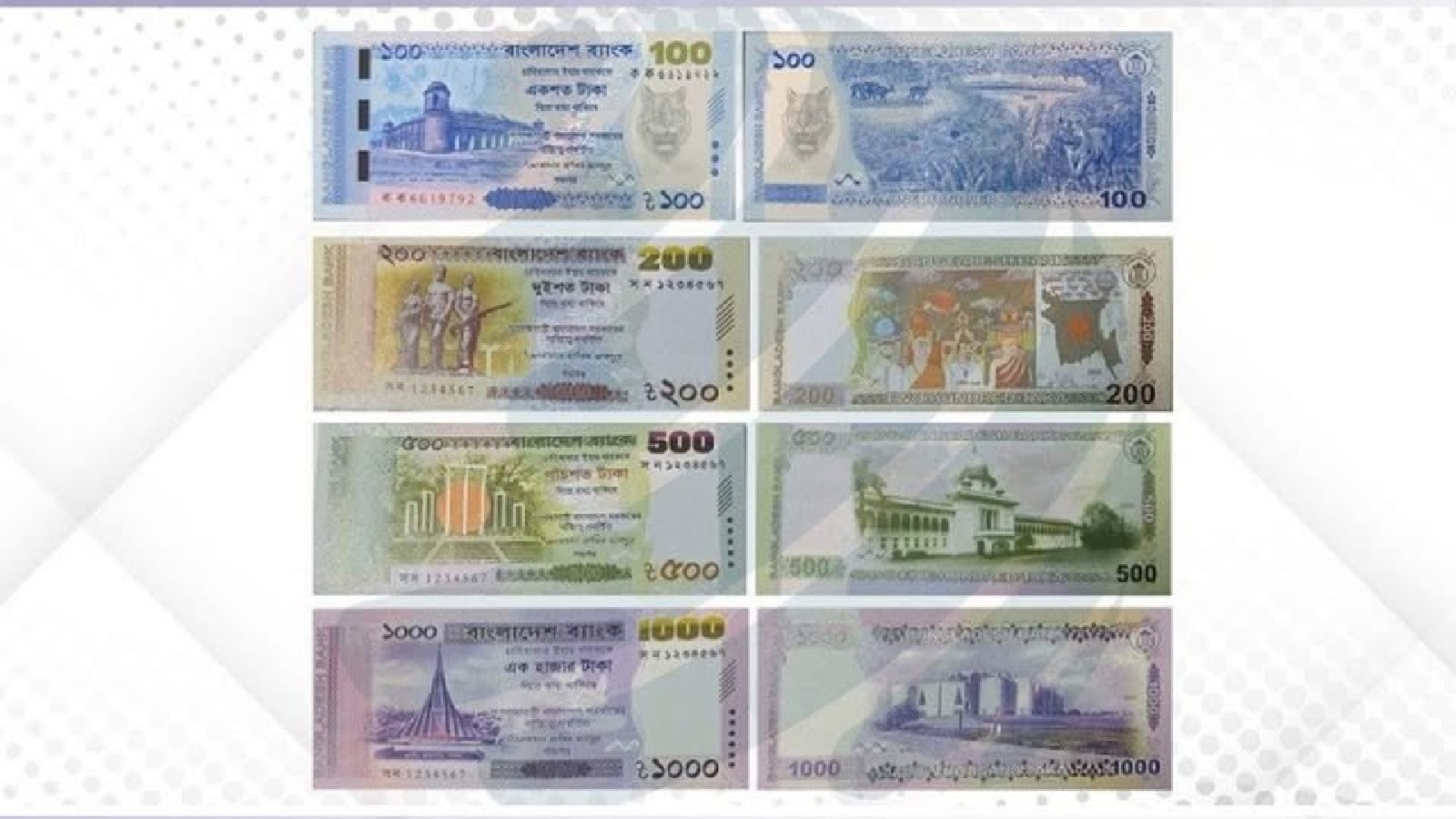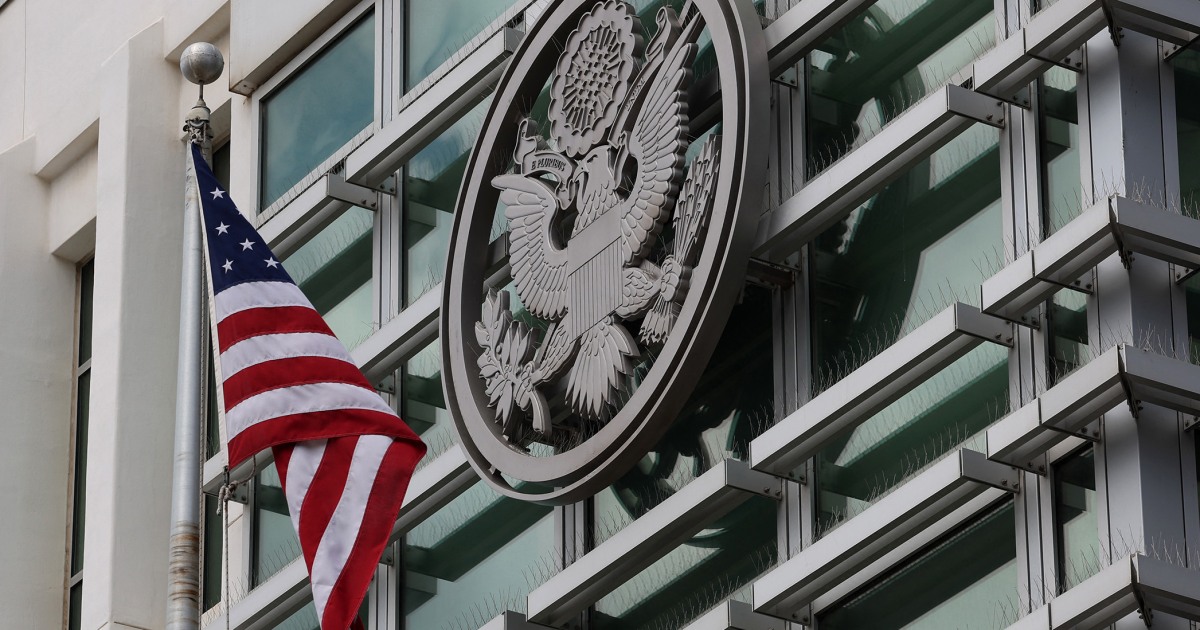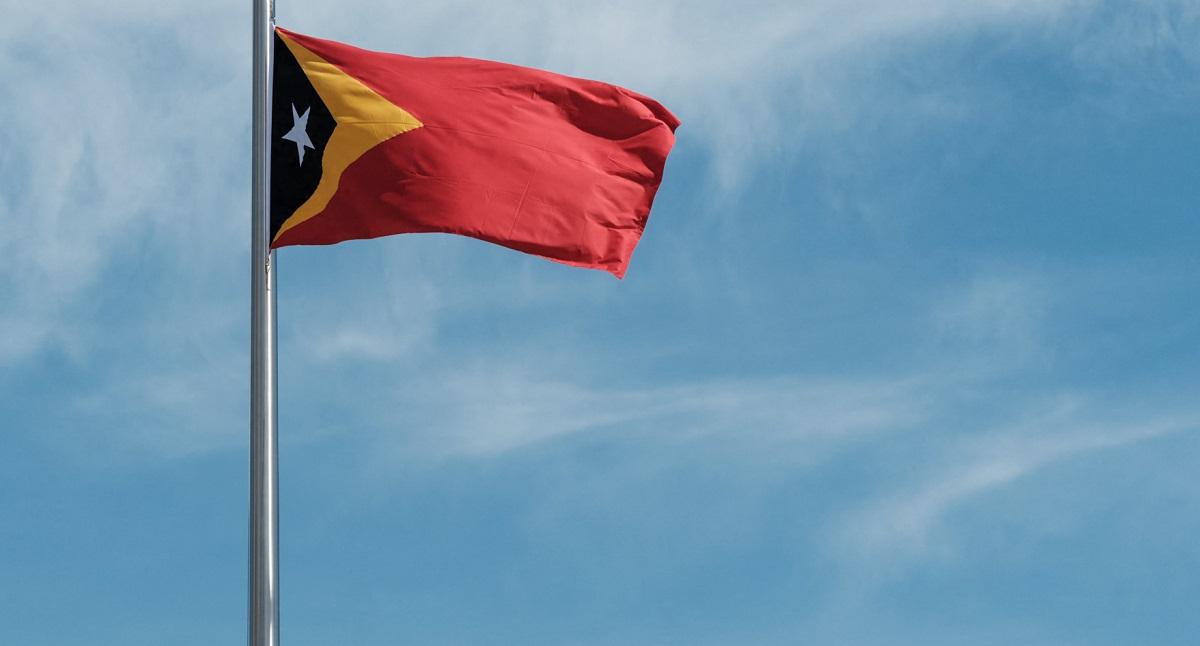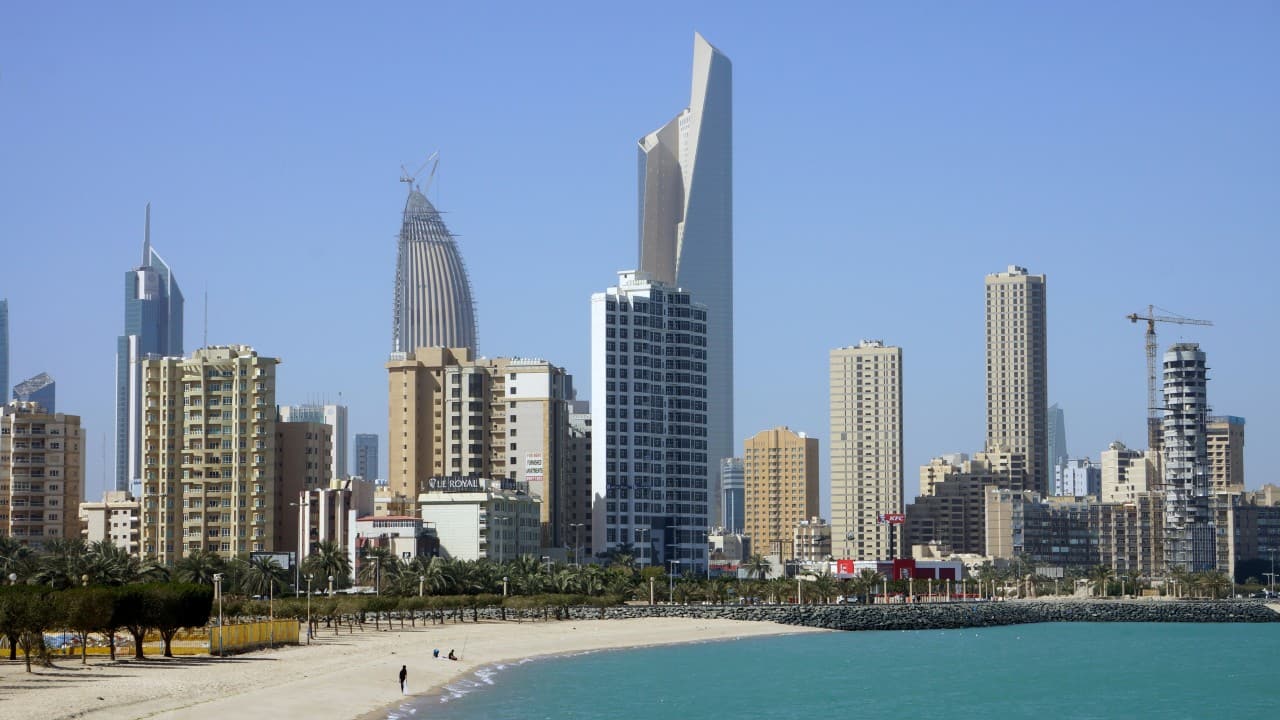Global Leaders Urge Restraint Amid Escalating India-Pakistan Tensions
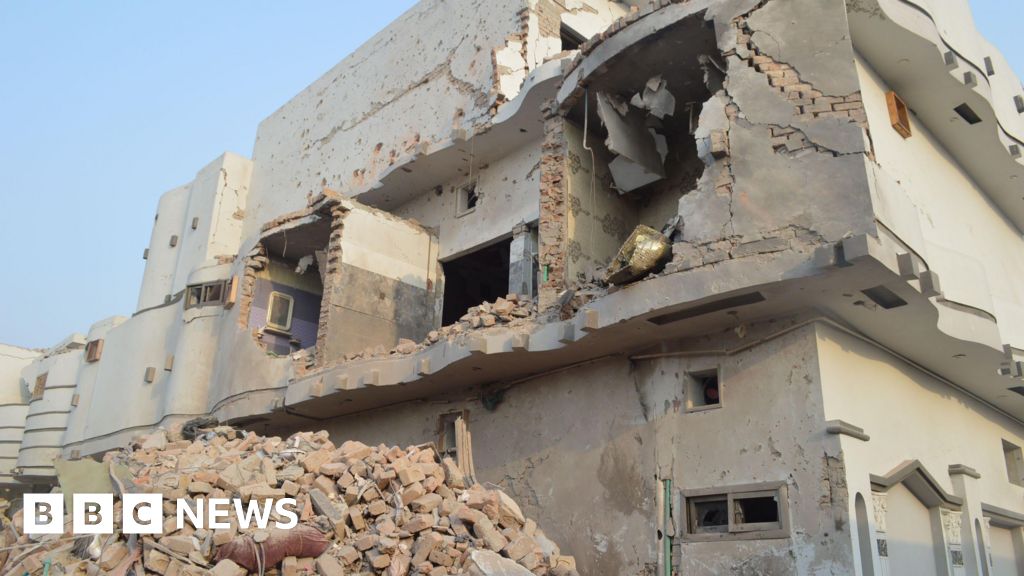
Global leaders are expressing serious concerns as hostilities between India and Pakistan escalate, urging both nations to exercise restraint amidst rising tensions. The conflict has intensified following a missile strike by India near Bahawalpur in Pakistan's Punjab province, which has drawn international attention and condemnation.
In the latest developments, Indian authorities claimed that two of the attackers involved in a recent militant attack in Indian-administered Kashmir were Pakistani nationals. This allegation has heightened accusations directed at Pakistan, with India accusing the country of providing support to militant groups, a charge that Islamabad firmly denies.
The violence erupted in response to a tragic militant attack two weeks ago in Kashmir, which tragically resulted in the deaths of 25 Indians and one Nepali national. In retaliation, India conducted air strikes on several sites it accused of being linked to terrorist operations in Pakistan and Pakistan-administered Kashmir. Despite Pakistan's denial of involvement in the earlier attack, tensions continue to flare, leading to a critical diplomatic push aimed at preventing further escalation.
UN Secretary-General António Guterres has raised alarms over the potential for military confrontation between the two nuclear-armed nations, stating through his spokesman that the world cannot afford such a conflict. He emphasized the need for both India and Pakistan to show maximum military restraint. This call for calm has been echoed by leaders from several countries.
UK Foreign Secretary David Lammy voiced serious concern regarding the situation, stating, "The UK government is urging India and Pakistan to show restraint and engage in direct dialogue to find a swift, diplomatic path forward." He highlighted the priority of ensuring the safety of British nationals in the region, as the UK Foreign Office closely monitors the unfolding developments.
US President Donald Trump expressed his dismay over the situation, referring to it as a "shame" while hoping for a quick resolution. Likewise, China's foreign ministry characterized India's military operation as "regrettable", reflecting the international apprehension surrounding the conflict.
France's Foreign Minister Jean-Noël Barrot, speaking to the media, acknowledged India’s right to defend itself against terrorism while urging both nations to engage in restraint to prevent further escalation and protect civilian lives.
In an effort to mediate the ongoing crisis, Iran's Foreign Minister Seyed Abbas Araghchi traveled to Delhi to meet with Indian officials, following earlier discussions with Pakistan’s army chief and prime minister. Iran has offered its services as a mediator in order to facilitate dialogue between the two rivals.
India maintains that its strikes targeted locations from which terrorist attacks against India have been planned and executed, asserting that no military facilities in Pakistan were specifically targeted. However, Pakistan has reported that six locations were struck by Indian forces, disputing India’s claims about the nature of these sites.
According to Pakistani authorities, the airstrikes have resulted in the deaths of at least 31 individuals, while Indian officials have reported that at least 15 civilians lost their lives due to retaliatory shelling from Pakistan. Furthermore, Pakistan's military has claimed to have shot down five Indian aircraft and a drone, an assertion that India has yet to officially address.
In response to these developments, Pakistan’s Prime Minister Shehbaz Sharif stated that the air force successfully defended against the strikes, indicating that it was a measured response to India’s actions.














